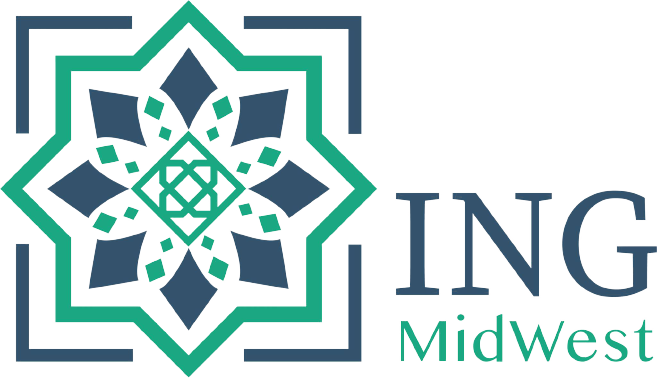High School
David MacCaulay’s book Mosque in the architecture series features the work of famous Turkish archictect in Ottoma Istanbul Mosque. View a readaloud version by MrPsWorldHistory at https://www.youtube.com/watch?v=7EjXYMMZg2U. See also for comparison of sacred and secular architecture, by the same author/architect, Cathedral, Castle, City, Pyramid, and others. See also animated films of same names.
A beautifully illustrated guide to a mosque from the Ottoman period by famous architect Sinan. Online version to borrow from OpenLibrary
The best-known biography of Malcolm X, African American Muslim and activist during the civil rights struggle in the US. Learn about the book and the author in the PBS episode of The American Experience. Find the book at https://www.penguinrandomhouse.com/books/106490/the-autobiography-of-malcolm-x-by-malcolm-x-alex-haley/
Multiculturalism and its associated plurality of value systems is rapidly becoming the norm in modern medical practice. Given this increasing diversity, greater emphasis upon cultural and ethical competence in physician training is necessary in order to provide culturally sensitive and ethically sound care. Religious values shape ethical codes and are expressed in the cultural norms of subcommunities in a society. Thus, an understanding of religious values that may influence the clinical encounter is important. This paper provides an overview of the ethical constructs of the sacred law traditions of Judaism, Catholicism, and Islam and will outline approaches taken by each faith regarding medical ethics. It is hoped that the insights gained will aid both clinicians and ethicists to better understand these religious paradigms of medical ethics and thereby positively affect patient care through increased tolerance and understanding.
Book award winners in Picture book, Youth book, non-fiction categories from 2000-2015 at http://georgetown.box.com/s/ry41v8dnwsbjiyu5c5zz0l8xpe6bex6v
Muhammad: Legacy of a Prophet tells the story of a man who changed the world 1,400 years ago and now lives in the United States through the lives of the millions of Americans who regard him as God’s prophet. It travels in the footsteps of Islam’s Prophet Muhammad to the Arabian Desert and the holy city of Mecca where Muhammad’s story unfolded. But the film does not just stay in the past. Much of its story is told through the observations of contemporary American Muslims, including a fireman at the World Trade Center on September 11th, a second generation Arab-American family building a community based on Islamic principles, a Congressional Chief of Staff working for justice, and a refugee fleeing religious persecution, whose experiences in some way echo Muhammad’s life. Lesson plans can be found at two companion websites with different content: http://theIslamProject.org AND the PBS site at https://www.pbs.org/show/muhammad-legacy-prophet/.
Muslim Holidays-Booklet Muslim Holidays is a booklet with readings and lesson plans from primary and elementary to middle school and high school that describe the two important Muslim holidays. celebrated around the world–Eid al-Fitr after Ramadan, and Eid al-Adha which accompanies the Hajj (pilgrimage) season. Illustrated. The booklet and other resources can be downloaded as pdfs free at http://cie.org
Gallery Guide: Arts of the Islamic World (Smithsonian Freer & Sackler Galleries, now renamed National Museum of Asian Art) are featured by exhibit, and objects in the permanent collections are searchable.
Links to exhibits and collections on Islam at Los Angeles County Museum of Art, and Detroit Institute of the Arts Islamic Collection, Victoria & Albert Museum Palace and Mosque exhibit (see also sidebar links on the site), The British Museum Galleries by World Region) A few examples are https://www.metmuseum.org/about-the-met/collection-areas/islamic-art AND http://www.lacma.org/art/collection/islamic-art AND https://dia.org/learning AND http://www.vam.ac.uk/page/i/islamic-art-and-design/
The film explores Islamic art in several thematic segments (Space, Word, Water, Ornament, and Color), featuring objects big and small, from great palaces and mosques to f ceramics, carved boxes, paintings and metal work. It revels in the use of color and finds commonalities in a shared artistic heritage with the West and East. The film also examines the unique ways in which Islamic art turns calligraphy and the written word into masterpieces and develops water into an expressive, useful art form Like all art, it carries the fundamental values and perspectives of the artists who created it as well as those who commissioned and paid for it. A discussion guide for the film can be used as a set of lesson plans Discussion-Guide-Mirror-of-the-Invisible-World-2013.
